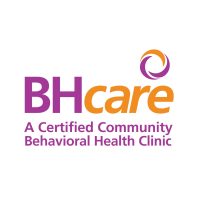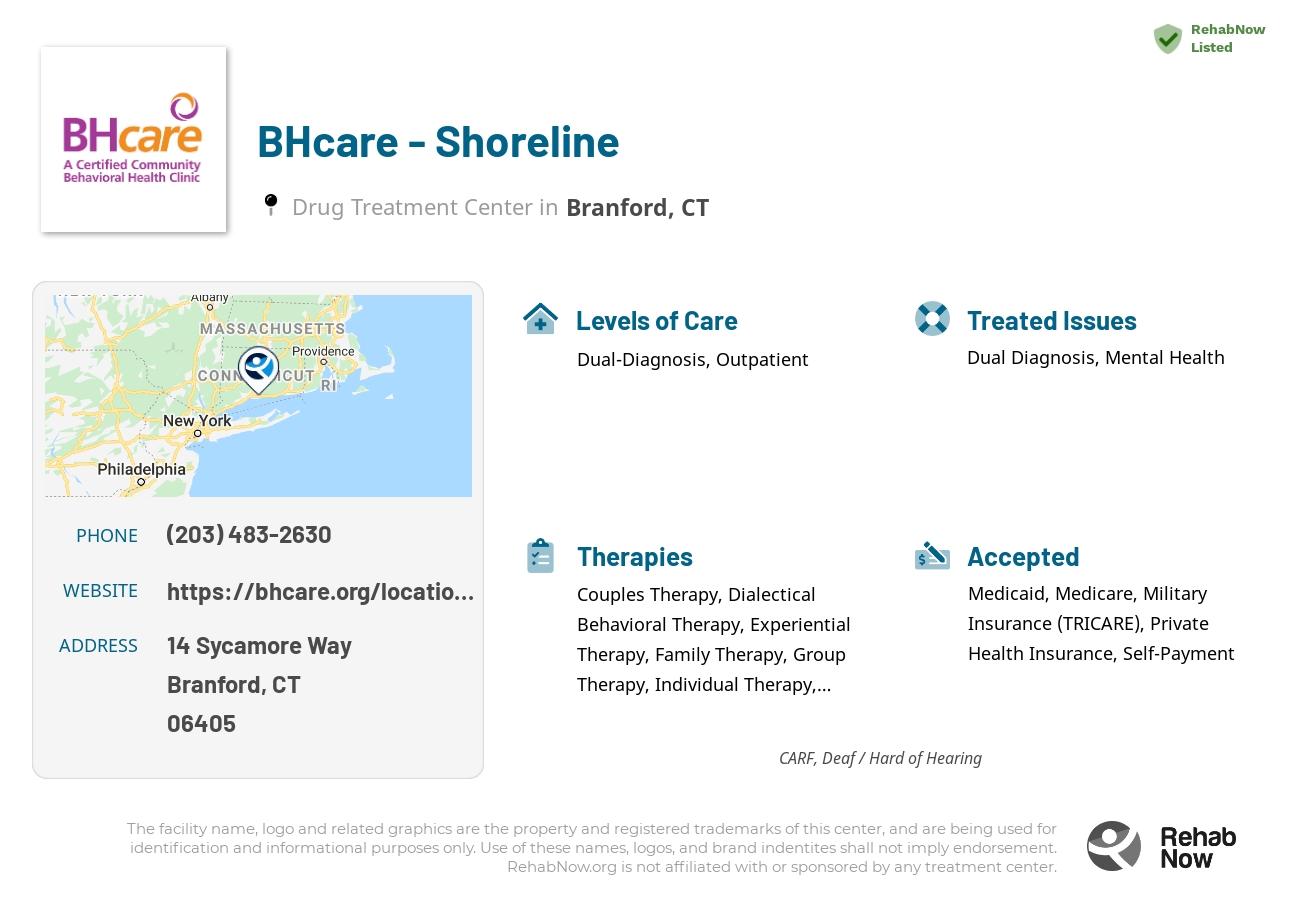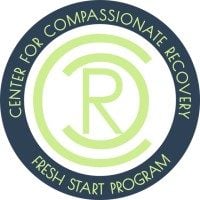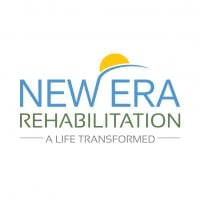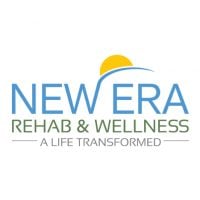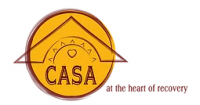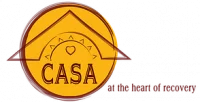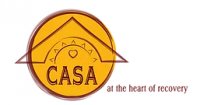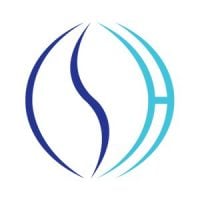BHcare - Shoreline
Drug Rehab Center in Branford, Connecticut
BHcare - Shoreline is a leading addiction and substance abuse treatment center in Branford, Connecticut, with a highly trained staff offering comprehensive care programs tailored to each patient, including individual and group counseling, educational classes, and specialized clinical programs.
About BHcare - Shoreline in Connecticut
BHcare – Shoreline, located in Branford, Connecticut, is a distinguished private rehab known for its focus on treating dual diagnosis and mental health issues. What sets this facility apart is its integrated care approach, offering comprehensive services for a broad spectrum of needs, tailored specifically to individuals and families dealing with complex challenges related to addiction and mental health.
Accredited by the Commission on Accreditation of Rehabilitation Facilities (CARF), BHcare – Shoreline stands out for its commitment to high-quality care. Its unique offerings include evidence-based practices and a wide range of care programs, personally adapted to support each patient through their recovery journey. The facility's dedicated team includes psychiatrists, nurses, and case managers, all working together to foster an environment conducive to healing and long-term sobriety.
- Holistic Treatment Options: BHcare – Shoreline emphasizes holistic treatments alongside traditional therapies to ensure a well-rounded recovery process.
- Family Involvement in Recovery: Offers family counseling and education, recognizing the critical role of family support in overcoming addiction.
- Specialized Programs for Diverse Populations: Tailors clinical programs for specific groups, including veterans, LGBT+ individuals, and pregnant women, addressing their unique needs.
BHcare – Shoreline treats a range of addictions and issues, utilizing individual and group counseling, educational classes, and other therapeutic methods. Care levels are diverse, designed to nurture safety, comfort, and understanding, laying a strong foundation for each individual's pathway to recovery.
Genders
Ages
Modality
Additional
Accreditations

CARF
The Commission on Accreditation of Rehabilitation Facilities (CARF) is a non-profit organization that specifically accredits rehab organizations. Founded in 1966, CARF's, mission is to help service providers like rehab facilities maintain high standards of care.
Conditions and Issues Treated
Recovery is not simply about stopping drug use. Recovery is working with addiction while recovering mental health issues that are fueling the addiction in the first place.
Levels of Care Offered
This center offers a variety of custom treatment tailored to individual recovery. Currently available are Dual-Diagnosis, Outpatient, with additional therapies available as listed below.
Outpatient treatment is considered the lower intensity level of addiction treatment. It’s ideal for early phase addiction or lower intensity addictions. It may include weekly sessions instead of daily. It may include weekly sessions instead of daily. Peer group support, 12-step programs, and individual counseling may still be involved but at a lesser frequency than an intensive outpatient program. It is a good choice for someone who doesn’t need to go through a medically supervised detox and who has a supportive home environment. It requires motivation and dedication to commit to the program without constant monitoring.
Therapies & Programs
Individual therapy involves one-on-one sessions between the patient and therapist. It provides patients with a safe environment to openly discuss personal and sensitive issues with the therapist. They find the therapist as someone they can trust. Individual therapy aims to identify the core issues that would have led the patient to substance abuse and address them effectively. The therapist can develop patient-specific customized solutions through individual therapy, which aids speedier recovery.
Couples therapy works with clients and significant others in a professional capacity to improve relationship dynamics. This can be helpful for addicts who are trying to marry the idea of recovery into their work, family, social lives – any aspect that has to do with relationships.
Through counseling sessions, addicts will have an opportunity to talk about their addiction with professional partners. These partners can offer feedback and advice on how to get sober while keeping healthy relationships intact. A good couples therapist will help addicts understand their part in an unhealthy relationship dynamic or find ways to deal with anger or resentment from significant others outside of the home.
Family therapy is a group problem-solving that aims to improve communication and relationships between the addict, their family, and sometimes friends. The main goal of family therapy for drug addiction is to create an environment where communication can occur without judgment, hostility, or blame. The therapist is with the family as they learn to communicate differently, especially with the addict when s/he is using. The family can learn to reduce their enabling behavior or rally together and support each other during tough times.
An addict’s family can play a vital part in helping them to avoid relapse because they can spot the warning signs and help them get back on track before it becomes too much of a problem. Family therapy is one of the most effective ways to help addicts stay on the path to long-term sobriety. When a drug addict decides that they want to try and get sober, it takes the support of every person they love to succeed. It can be incredibly difficult for loved ones to watch an addict go through the pain and suffering of withdrawal, but by being there with them and supporting them, they can help to make sure that the addiction never returns.
Groups typically involve meetings with other recovering addicts who can relate to one another’s experiences. They might meet in person or online and typically focus on the process of staying sober rather than overcoming a specific addiction.
In these groups managed by BHcare - Shoreline, addicts can build a sense of community and develop strong emotional connections with others who understand what they are going through. These beneficial relationships can help addicts overcome their cravings and prevent relapse at any point during the recovery process.
In general, trauma therapy is a clinical process that helps individuals deal with mental stress often caused by traumatic events. The therapist helps the person identify, understand, and work through the problem. This is done with the help of talking about it in group or one-on-one counseling sessions. Therapists use relaxation, role-playing, art, and music to help the person open up about what is bothering them.
There are many different types of trauma therapists, such as psychiatric nurses and counselors. Not everyone is a good candidate for this type of therapy; it is generally reserved for people who have recently experienced a traumatic event and struggle to get over it. It is often done for children, teenage victims of sexual assault, and war veterans.
Dialectical Behavior Therapy (DBT) is a type of therapy created in the late 1980s and early 1990s to help people with high rates of suicidal behavior. DBT helps people learn how to live a life that is no longer controlled by overwhelming emotions and urges. It is beneficial in treating drug addiction because it helps patients understand and cope with their cravings for drugs or alcohol rather than turning to those substances as a way of coping.
There is hope for people who are addicted to drugs and alcohol. Cognitive Behavioral Therapy (CBT) is the solution. CBT focuses on the underlying thoughts and behaviors that caused the addiction problem in the first place and may cause a relapse. This type of psychotherapy addresses negative feelings common in substance abuse disorders. It helps to change them by restructuring thought patterns. It’s about removing negative thoughts and providing long-term benefits while promoting self-awareness, self-control, and healthy ways to respond to negative thoughts. These sessions can be done by themselves or as part of combination therapy.
The goal of medical nutrition therapy for drug and alcohol addiction is to help patients avoid “trigger” foods. For example, someone who craves alcohol may be addicted to sugar. Making sure this person eats a balanced diet with recommended amounts of protein, vegetables, and fruit can help manage urges to drink.
Nicotine replacement therapy treats nicotine addiction using external sources of nicotine, such as patches or gum to substitute for nicotine. This allows people trying to quit smoking to get their desired dose of nicotine without actually having to smoke cigarettes. The idea behind NRT is that by providing smokers with nicotine in forms that are not cigarettes, they may be more likely to quit smoking.
NRT has been available for many years now, and there is a wealth of evidence that shows that it helps people trying to quit smoking. There are several different types of NRT devices on the market now. Patients interested in quitting smoking should talk to their doctors about the best kind of NRT for them.
Patient Experience
Experiential Therapy at BHcare - Shoreline
Experiential Therapy teaches people how to think differently about their lives and change their emotions by changing their behavior. This type of treatment is accomplished with various activities that may involve acting, props, arts and crafts, animal care, or other tools that may be effective.
This therapy aims for patients to release suppressed thoughts that cause bad feelings and drug addiction. Role-playing, arts and crafts, music, animal care, rock climbing, etc., are some of the activities used in this therapy. Gradually an individual will feel calmer and more loving which will change their perception positively. In addition to treating drug addiction, experiential therapy is beneficial for different behavioral and eating disorders.
Payment Options Accepted
For specific insurance or payment methods please contact us.
Is your insurance accepted?
Ask an expert, call (888) 674-0062
BHcare Associated Centers
Discover treatment facilities under the same provider.
- BHcare Valley Offices in Ansonia, CT
- BHcare - Ansonia in Ansonia, CT
- BHcare - Harbor House in Branford, CT
Learn More About BHcare Centers
Additional Details
Specifics, location, and helpful extra information.
Branford, Connecticut 6405 Phone Number(203) 483-2630 Meta DetailsUpdated April 15, 2024
Staff Verified
BHcare - Shoreline Patient Reviews
There are no reviews yet. Be the first one to write one.
Branford, Connecticut Addiction Information
Connecticut has a higher rate of substance abuse and addiction than the national average. The state ranks in the top 10 in the country for illicit drug dependence among those ages 18 to 25. In 2010, there were 9,211 people admitted to an alcohol treatment facility for alcohol abuse combined with a secondary drug. Connecticut ranked fifth in the United States of America for the number of fatalities involving drunk driving in 2014.
The Branford Drug and Alcohol Abuse Commission reports that there were over 1,200 drug-related arrests in Branford, Connecticut, in 2018. The majority were caught possessing or using drugs. In 2018, 22% of people who died from an overdose had cocaine in their system. 48% of those who are using opioids are also using marijuana. Drug treatment options in Branford, Connecticut, include outpatient treatment, residential facilities, and 12-step programs.
Treatment in Nearby Cities
- Newington, CT (27.5 mi.)
- Brooklyn, CT (53.4 mi.)
- West Haven, CT (10.4 mi.)
- Canaan, CT (53.9 mi.)
- Cheshire, CT (16.6 mi.)
Centers near BHcare - Shoreline
The facility name, logo and brand are the property and registered trademarks of BHcare - Shoreline, and are being used for identification and informational purposes only. Use of these names, logos and brands shall not imply endorsement. RehabNow.org is not affiliated with or sponsored by BHcare - Shoreline.
